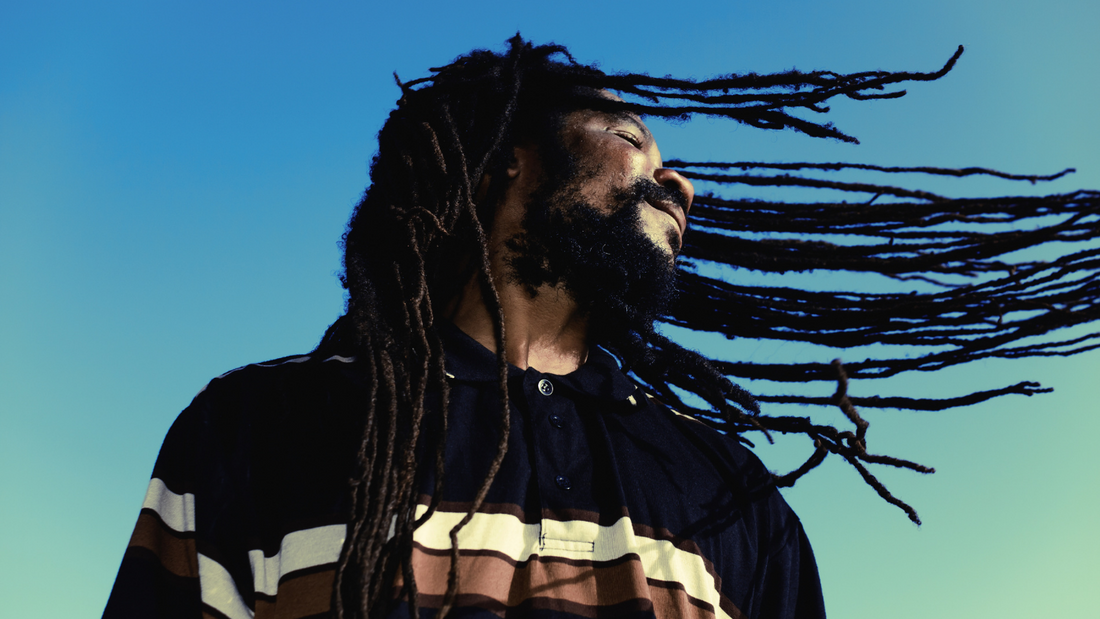I remember the days when society use to look upon dreadlocs as if who ever had them was contaminated. Many government jobs prohibited employees from wearing braids and locks. Banks had dress code rules that didn’t allow anyone to have locs and work for their institutions.
There was a negative perception attached to those who chose to loc it up. The old theory was that anyone wearing this hairdo was criminal minded and was hard pressed to find employment. These attitudes made the job hunt for people with locs beyond difficult.
This hair prejudice extended to, and was acted out blatantly by, the law enforcement. If a crime was committed and the alleged criminal wore his hair in locs, anyone with locs was apprehended, questioned, and sometimes egregiously harassed.
It didn’t matter if the rest of the physical description (height, weight, and complexion) didn’t match; having dreads was enough to be a suspect.
These prejudice perceptions was held strongly by many older people in the African American community. Elders in many communities would see people with dreads and frown.
Some had no problem vocalizing their disdain: “I wish he would cut that nappy stuff off”, not necessarily in that nice of manner. Or “How do you expect for anyone to take you seriously with your hair like that?”
Sadly, these thoughts subconsciously penetrated my being as well. I always said that if I felt like my hair was holding me back, I would cut it.
What is encouraging, is the fact that I have worked all over this country, rubbed elbows with many of corporate America’s shot callers, and have been shocked by the acceptance of my hair. It actually served as an ice-breaking conversation piece for those who were curious. This allowed me to enlighten and share my natural hair journey with those who wasn’t exposed to it that often.
Now I see many actors, models, and public figures with locs. I have run into salesmen, managers, and many government workers who have embraced their hair and their careers.
Dreadlocked bank tellers have handled my transactions in banks. I have even seen a couple police officers with locs. Teachers, nurses, doctors, and many entertainers have let their dreadlocks serve as an art stage and a personal form of expression.
Society’s embracing of the dreadlock was inevitable. They just needed to be properly introduced and enlightened on the beauty and history of our hair. Once they have learned that not only the Rastafarian or Jamaicans are the only people who use this form of expression, their curiosity increases.
I personally refuse to let any negative connotations be attached to my beautiful locs. I don’t like when my hair is referred to as dreads, dreadlocks, or dreaded up, because I don’t “dread” anything about my hair. My “Locs” are extended expressions of beauty from the essence of my soul and I love every strand of them.
Now people of all backgrounds of life ask me often: “How do I get dreadlocks?” And, I reply: First recognize that these are not just a hair style…They are a lifestyle. Then just twist and let the Creator Style them!
